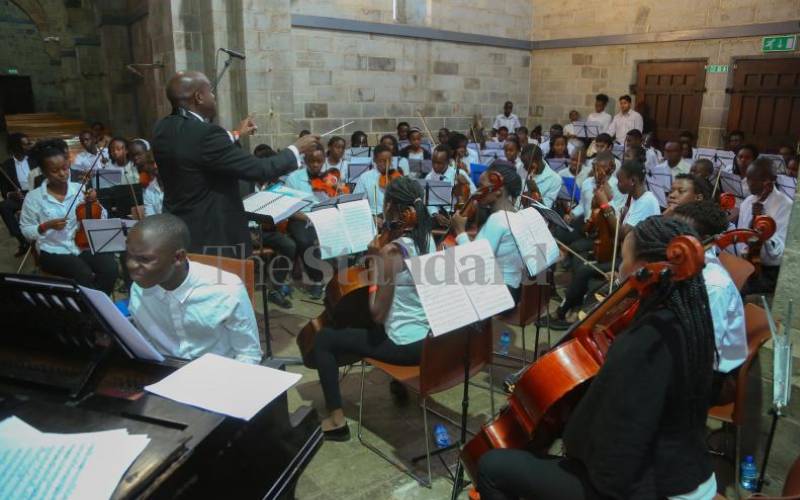
April 30, is the International Jazz Day. Despite the Covid-19 pandemic that is causing havoc worldwide, there are several musical events that are being hosted through the virtual-media platforms in various cities.
Here in Nairobi, celebrations are on in full-gear courtesy of efforts by various institutions that include Standard Group PLC, who will be hosting a livestream of Ghetto Classics on from 12.10pm-1.30pm on Standard Entertainment, Standard Digital and SDV Channel. Nairobi Horns Project will also have a livestream with a special appearance by Jacob Asiyo and Shamsi Music 9pm on YouTube.